December 10 stands as one of history’s most eventful days, witnessing the rise and fall of empires, groundbreaking discoveries, and moments that shaped our modern world across centuries of human achievement.
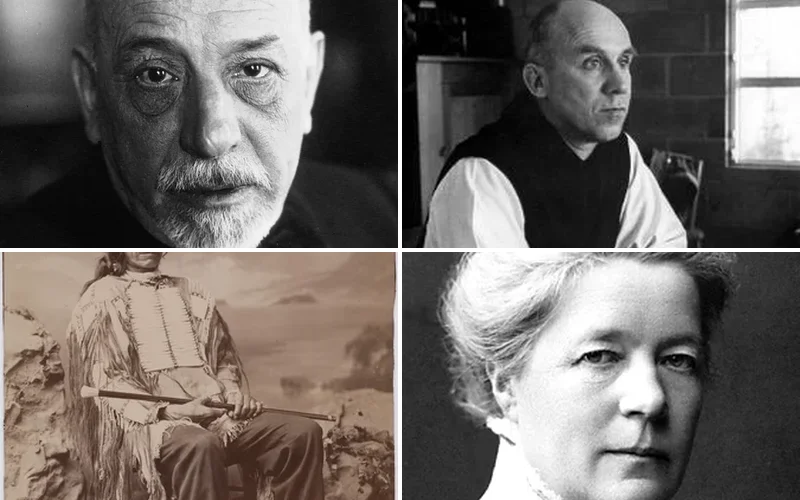
Politics and Government Events on December 10
1901 – First Nobel Prize Ceremony Held in Stockholm
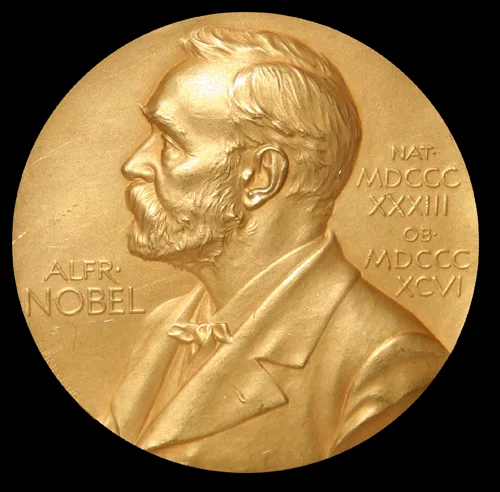
The inaugural Nobel Prize ceremony took place in Stockholm, marking the fifth anniversary of Alfred Nobel’s death. Distinguished recipients gathered to receive recognition for their groundbreaking contributions to humanity.
The ceremony established a tradition that would honor excellence in peace, literature, physics, chemistry, medicine, and later economics. This historic event launched one of the world’s most prestigious award systems.
1906 – Theodore Roosevelt Awarded Nobel Peace Prize
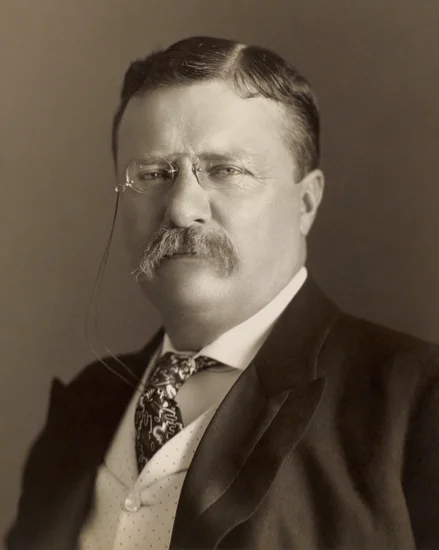
President Theodore Roosevelt became the first American to receive any Nobel Prize, honored for mediating the Russo-Japanese War. His diplomatic intervention helped bring peace between two major powers.
Roosevelt’s achievement demonstrated America’s growing influence in international affairs. The award established the United States as a legitimate mediator in global conflicts.
1932 – Thailand Becomes Constitutional Monarchy
Thailand transformed its government structure by adopting a constitutional monarchy system. The Siamese Revolution of 1932 ended centuries of absolute royal rule.
King Prajadhipok accepted the new constitutional framework, sharing power with elected representatives. This peaceful transition modernized Thailand’s political system while preserving the monarchy’s ceremonial role.
1936 – King Edward VIII Signs Abdication Papers
King Edward VIII signed the Instrument of Abdication, choosing love over the British crown. His decision to marry American divorcée Wallis Simpson triggered the constitutional crisis.
The abdication shocked the British Empire and led to his brother George VI ascending the throne. This unprecedented royal decision demonstrated the power of personal choice over traditional duty.
1963 – Zanzibar Gains Independence from Britain
Zanzibar achieved independence from the United Kingdom as a constitutional monarchy under Sultan Jamshid bin Abdullah. The island nation joined the growing list of African territories gaining freedom.
The independence celebration marked the end of British colonial rule in the strategic Indian Ocean territory. Sultan Jamshid’s reign would prove brief, lasting only until the 1964 revolution.
1991 – Nursultan Nazarbayev Becomes Kazakhstan’s First President

Nursultan Nazarbayev was sworn in as Kazakhstan’s first president following the nation’s independence. His inauguration marked the beginning of the Central Asian republic’s sovereignty.
Nazarbayev faced the enormous challenge of transforming a Soviet republic into an independent nation. His leadership would shape Kazakhstan’s development for decades to come.
1999 – Helen Clark Sworn in as New Zealand Prime Minister
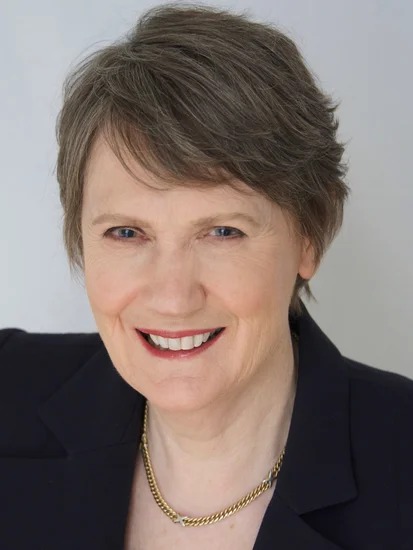
Helen Clark became New Zealand’s second female prime minister and the first elected to the position. Her Labour-led coalition government ended nine years of National Party rule.
Clark’s appointment represented a significant milestone in New Zealand’s political evolution. Her leadership style and policies would influence the nation’s direction for three consecutive terms.
2018 – Democracy Restored in Argentina
Democracy returned to Argentina with the inauguration of President Raúl Alfonsín. His swearing-in ceremony marked the end of military dictatorship and the restoration of civilian government.
Alfonsín inherited a nation devastated by economic crisis and human rights violations. His presidency symbolized hope for democratic renewal in Latin America.
Military and Naval History on December 10
1941 – HMS Prince of Wales and HMS Repulse Sunk
Japanese torpedo bombers destroyed two major Royal Navy capital ships near British Malaya. The sinking of HMS Prince of Wales and HMS Repulse demonstrated air power’s dominance over naval forces.
These losses shocked the British Empire and exposed the vulnerability of surface ships to aerial attack. The disaster marked a turning point in naval warfare strategy during World War II.
1941 – Japanese Forces Land on Luzon
General Masaharu Homma’s Imperial Japanese forces launched their invasion of Luzon in the Philippines. The amphibious assault marked the beginning of the Japanese conquest of the archipelago.
Filipino and American defenders found themselves overwhelmed by the coordinated Japanese attack. This invasion would lead to the fall of Manila and the Bataan Death March.
1942 – Polish Government Reports Holocaust to Allies
The Polish government in exile sent Raczyński’s Note to twenty-six Allied governments, providing the first official Holocaust report. This document detailed Nazi extermination policies against Jewish populations.
The report contained eyewitness accounts and documented evidence of systematic genocide. Despite receiving this information, Allied governments largely failed to take immediate action to stop the atrocities.
2017 – ISIL Defeated in Iraq
Iraqi forces declared victory over the Islamic State of Iraq and the Levant, ending years of brutal occupation. The defeat marked the collapse of the terrorist organization’s territorial control in Iraq.
Iraqi military units, supported by international coalitions, successfully liberated the last ISIL strongholds. This victory represented a crucial step toward regional stability and reconstruction.
Science and Discovery Milestones on December 10
1902 – Aswan Dam Reservoir Opens in Egypt

The Aswan Dam reservoir began operations, transforming Egypt’s agricultural capabilities and flood control. This engineering marvel harnessed the Nile River’s power for irrigation and hydroelectric generation.
The dam’s construction represented a major achievement in hydraulic engineering and water management. Its completion provided Egypt with greater control over its most vital natural resource.
1953 – Winston Churchill Receives Nobel Prize in Literature
British Prime Minister Winston Churchill was awarded the Nobel Prize in Literature for his historical writings and speeches. His wartime oratory and historical works earned international literary recognition.
Churchill’s powerful prose and speeches had inspired Britain during its darkest hours. The Nobel Committee recognized his mastery of historical narrative and biographical description.
1978 – Begin and Sadat Share Nobel Peace Prize
Israeli Prime Minister Menachem Begin and Egyptian President Anwar Sadat jointly received the Nobel Peace Prize. Their recognition honored the Camp David Accords and Egyptian-Israeli peace treaty.
The award celebrated their courage in pursuing peace despite enormous political risks. Their diplomatic breakthrough provided hope for Middle Eastern stability and conflict resolution.
Cultural and Arts Events on December 10
1909 – Selma Lagerlöf Wins Nobel Prize in Literature
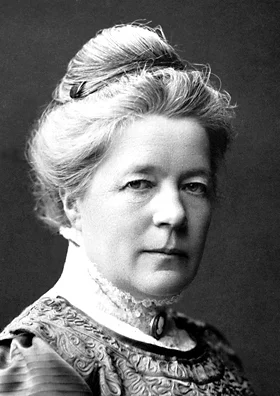
Swedish author Selma Lagerlöf became the first woman to receive the Nobel Prize in Literature. Her imaginative storytelling and rich folklore narratives earned international acclaim.
Lagerlöf’s groundbreaking achievement opened doors for future female writers seeking literary recognition. Her works blended fantasy with social realism, creating a distinctive Scandinavian literary voice.
1907 – Brown Dog Riots Peak in London
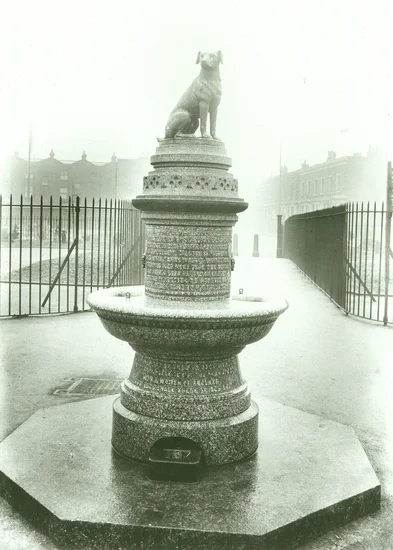
The Brown Dog riots reached their climax when 1,000 medical students clashed with 400 police officers. The violent protests centered on a memorial commemorating animals used in medical experiments.
The riots reflected deep societal divisions over animal rights and medical research ethics. This confrontation highlighted growing tensions between scientific progress and animal welfare concerns.
1967 – Otis Redding Dies in Plane Crash

Soul music legend Otis Redding perished in a plane crash near Madison, Wisconsin, at age 26. His death occurred just days after recording his posthumous hit “Dock of the Bay.”
Redding’s powerful voice and emotional delivery had revolutionized soul music and influenced countless artists. His tragic death cut short one of the most promising careers in popular music.
Religious and Social Events on December 10
1948 – United Nations Adopts Human Rights Declaration
The United Nations General Assembly adopted the Universal Declaration of Human Rights, establishing fundamental human dignity principles. This historic document outlined basic rights and freedoms for all people.
Eleanor Roosevelt chaired the drafting committee that created this groundbreaking international charter. The declaration became the foundation for modern human rights law and advocacy.
1984 – UN Recognizes Convention Against Torture
The United Nations General Assembly formally recognized the Convention Against Torture and Other Cruel, Inhuman or Degrading Treatment. This international treaty established legal frameworks for preventing torture worldwide.
The convention required signatory nations to implement anti-torture legislation and monitoring mechanisms. This agreement strengthened international law regarding human dignity and physical integrity.
1968 – Thomas Merton Dies in Bangkok
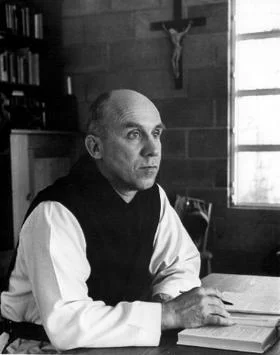
Trappist monk and spiritual writer Thomas Merton died in Bangkok while attending an interfaith conference. His death by accidental electrocution shocked the religious and literary communities.
Merton had bridged Eastern and Western spiritual traditions through his writings and teachings. His contemplative works influenced countless readers seeking spiritual meaning in modern life.
Business and Economic Events on December 10
1915 – Ford Motor Company Produces One Millionth Car
Ford Motor Company achieved a manufacturing milestone by producing its one millionth automobile. This achievement demonstrated the revolutionary impact of assembly line production methods.
Henry Ford’s innovative manufacturing techniques had transformed industrial production worldwide. The milestone marked America’s emergence as the dominant force in global automobile manufacturing.
1993 – Wearmouth Colliery Closes in England
The last shift departed Wearmouth Colliery in Sunderland, ending 156 years of coal mining operations. The closure marked the end of County Durham’s ancient coalfield tradition.
The mine’s shutdown reflected the decline of Britain’s coal industry and the transition to alternative energy sources. Thousands of miners lost their livelihoods as the industrial landscape transformed.
1990 – Armand Hammer Dies

Occidental Petroleum founder Armand Hammer died at age 92, ending a controversial business career. His company had become a major player in international oil and chemical markets.
Hammer’s business dealings had spanned decades and continents, often involving politically sensitive transactions. His death marked the end of an era in American corporate history.
Transportation and Infrastructure on December 10
2005 – Sosoliso Airlines Flight 1145 Crashes

Sosoliso Airlines Flight 1145 crashed at Port Harcourt International Airport in Nigeria, killing 108 people. The disaster highlighted ongoing aviation safety challenges in developing nations.
Most victims were schoolchildren returning home for holidays from a prestigious boarding school. The tragedy prompted renewed focus on aviation safety standards and aircraft maintenance protocols.
2021 – Devastating Tornado Outbreak Strikes United States
A violent tornado outbreak devastated the Central, Midwestern, and Southern United States, killing 89 people. Kentucky suffered the worst damage, with a single tornado claiming 57 lives.
The outbreak represented one of the most destructive winter tornado events in American history. Emergency responders worked around the clock to rescue survivors and assess the widespread damage.
1928 – Charles Rennie Mackintosh Dies
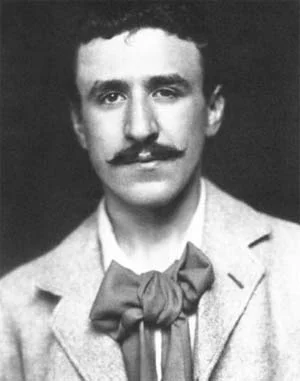
Scottish architect and designer Charles Rennie Mackintosh died in London at age 60. His innovative designs had influenced the Art Nouveau movement and modern architecture.
Mackintosh’s Glasgow School of Art and other buildings demonstrated his unique blend of functionality and artistic beauty. His death marked the loss of one of Scotland’s most important cultural figures.
Sports and Recreation on December 10
1959 – Mark Aguirre Born

Future NBA star Mark Aguirre was born in Chicago, Illinois. His basketball prowess would lead to collegiate success at DePaul University and professional stardom.
Aguirre’s scoring ability and court vision made him one of the most feared offensive players of his generation. His career achievements included NBA championships with the Detroit Pistons.
1960 – Kenneth Branagh Born
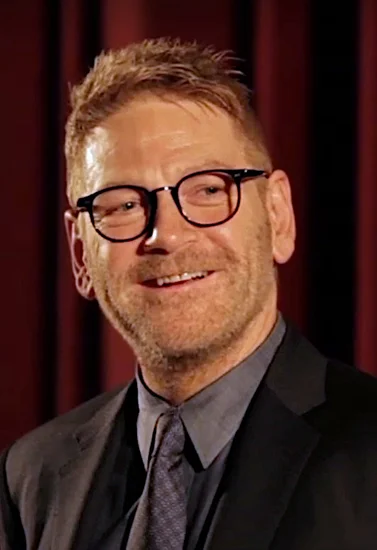
British actor and director Kenneth Branagh was born in Belfast, Northern Ireland. His theatrical talents would revolutionize Shakespearean adaptation for modern audiences.
Branagh’s film career brought classical literature to mainstream cinema through innovative directing and acting. His work earned numerous awards and introduced Shakespeare to new generations.
1985 – Raven-Symoné Born

American actress and singer Raven-Symoné was born in Atlanta, Georgia. Her entertainment career began in childhood and expanded into multiple successful ventures.
Raven-Symoné’s television shows and music career made her a prominent figure in youth entertainment. Her work influenced a generation of young performers and entertainers.
Notable Births on December 10
1907 – Olivier Messiaen Born

French composer and ornithologist Olivier Messiaen was born in Avignon, France. His musical innovations incorporated birdsong and religious themes into complex compositions.
Messiaen’s teaching at the Paris Conservatory influenced generations of avant-garde composers. His unique harmonic language and rhythmic innovations revolutionized twentieth-century classical music.
1918 – Dorothy Lamour Born
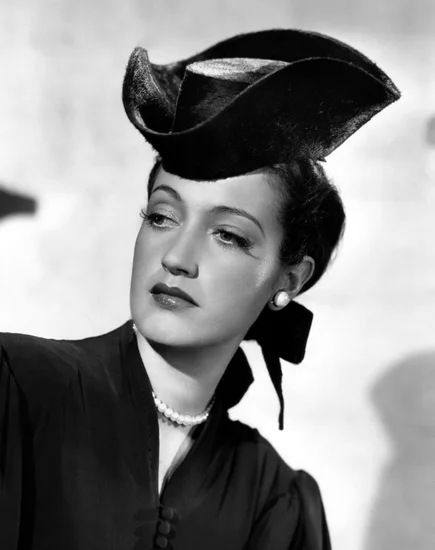
American actress Dorothy Lamour was born in New Orleans, Louisiana. Her exotic beauty and singing voice made her a major Hollywood star of the 1940s.
Lamour’s “Road” movies with Bob Hope and Bing Crosby defined her career and entertained millions. Her performances combined glamour with comedic timing in memorable film roles.
1920 – Clarice Lispector Born

Ukrainian-Brazilian author Clarice Lispector was born in Chechelnyk, Ukraine. Her family immigrated to Brazil, where she developed her distinctive literary voice.
Lispector’s experimental prose and psychological insights earned her recognition as Latin America’s most important female writer. Her novels explored consciousness and identity with remarkable depth.
1941 – Fionnula Flanagan Born

Irish actress Fionnula Flanagan was born in Dublin, Ireland. Her theatrical training and distinctive voice led to successful careers in film and television.
Flanagan’s performances often highlighted her Irish heritage and cultural background. Her work brought Irish stories and characters to international audiences.
1964 – Bobby Flay Born

American celebrity chef Bobby Flay was born in New York City. His culinary expertise and television personality made him a household name in American cooking.
Flay’s restaurants and cooking shows popularized southwestern cuisine and grilling techniques. His competitive spirit and culinary innovations influenced American restaurant culture.
Notable Deaths on December 10
1909 – Red Cloud Dies

Oglala Lakota leader Red Cloud died at Pine Ridge Agency at age 87. His resistance to American expansion had made him one of the most respected Native American chiefs.
Red Cloud’s leadership during conflicts with the U.S. Army demonstrated strategic brilliance and diplomatic skill. His legacy represents the struggle for Native American sovereignty and cultural preservation.
1936 – Luigi Pirandello Dies
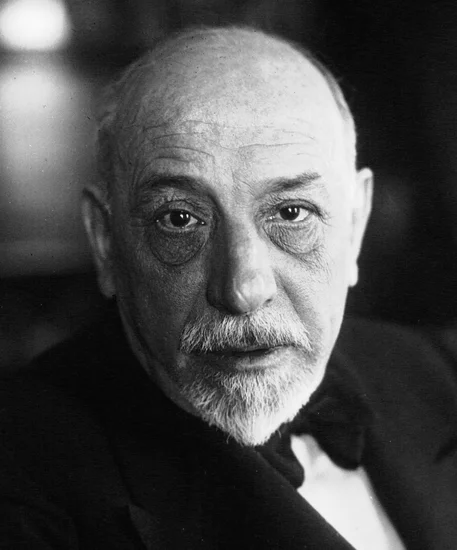
Italian dramatist Luigi Pirandello died in Rome at age 69. His innovative plays exploring reality and identity had revolutionized modern theater.
Pirandello’s Nobel Prize-winning works influenced theatrical movements worldwide. His exploration of psychological complexity and philosophical themes changed dramatic literature forever.
1946 – Walter Johnson Dies

Baseball legend Walter Johnson died in Washington, D.C., at age 59. His pitching records and sportsmanship had made him one of baseball’s greatest players.
Johnson’s fastball and competitive spirit earned him the nickname “The Big Train.” His career achievements included 417 wins and numerous strikeout records that stood for decades.
2005 – Richard Pryor Dies
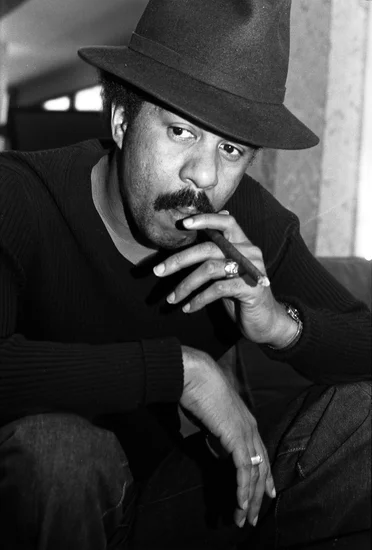
Groundbreaking comedian Richard Pryor died in Encino, California, at age 65. His raw honesty and social commentary had transformed American stand-up comedy.
Pryor’s performances addressed race, addiction, and social issues with unprecedented candor. His influence on subsequent generations of comedians cannot be overstated.
2021 – Michael Nesmith Dies

Monkees member and musician Michael Nesmith died in Carmel Valley, California, at age 78. His songwriting and production work extended far beyond his television fame.
Nesmith’s musical innovations and business ventures influenced both popular music and music video development. His death marked the end of an era in American entertainment history.
Holidays and Observances on December 10
Human Rights Day
The United Nations established Human Rights Day to commemorate the adoption of the Universal Declaration of Human Rights. This international observance promotes awareness of fundamental human dignity principles.
Educational institutions and advocacy organizations worldwide organize events highlighting human rights issues. The day serves as a reminder of ongoing struggles for justice and equality globally.
Alfred Nobel Day
Sweden celebrates Alfred Nobel Day to honor the inventor and philanthropist who established the Nobel Prizes. Swedish institutions commemorate Nobel’s contributions to science and peace.
The observance coincides with the anniversary of Nobel’s death and the annual prize ceremony. Cultural events and educational programs highlight Nobel’s legacy and the prize recipients’ achievements.
Constitution Day in Thailand
Thailand observes Constitution Day to commemorate the establishment of constitutional monarchy in 1932. The holiday celebrates the nation’s transition from absolute monarchy to democratic governance.
Government ceremonies and educational programs highlight Thailand’s constitutional history and democratic principles. The observance reinforces the importance of constitutional law in Thai society.
